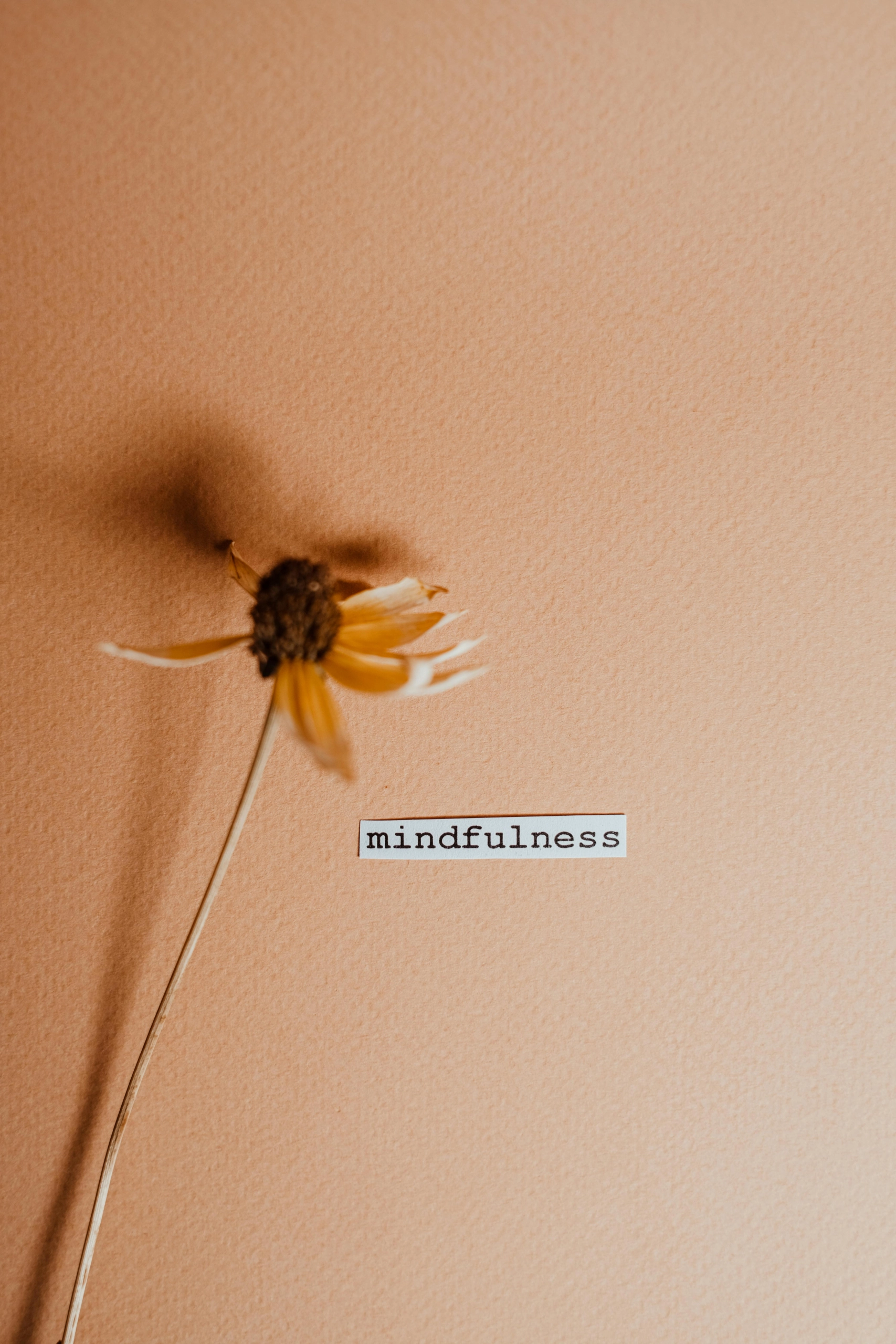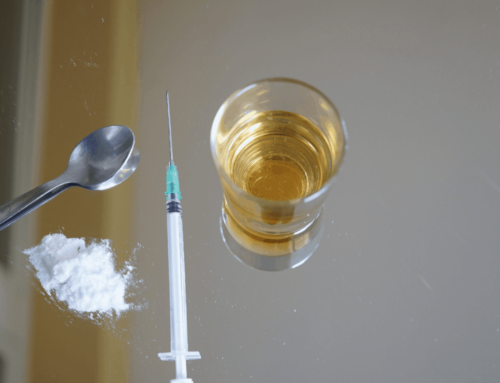Recovery from addiction is a journey filled with challenges, and Mindfulness-Based Relapse Prevention (MBRP) offers a powerful tool to navigate this path. MBRP combines mindfulness practices with traditional relapse prevention techniques, helping individuals remain centered and resilient in the face of triggers and stress.
Understanding Mindfulness-Based Relapse Prevention
Mindfulness-Based Relapse Prevention (MBRP) offers a unique approach to recovery. It blends traditional relapse prevention methods with mindfulness techniques. This approach helps individuals focus on the present moment. Furthermore, it teaches them to deal with cravings and stress without turning to substances.
For a deeper understanding, explore the Center for Mindfulness & Justice, which provides resources on mindfulness and its application in various life areas.
Benefits of Mindfulness-Based Relapse Prevention in Daily Life
Incorporating MBRP into your recovery plan can offer numerous benefits:
- Reduces Stress and Anxiety: Regular mindfulness practice can lower stress levels, making it easier to cope with recovery’s ups and downs.
- Improves Emotional Regulation: MBRP helps you recognize and accept your emotional responses without being overwhelmed, reducing impulsive reactions.
- Enhances Self-Awareness: By becoming more aware of your triggers and thought patterns, you can make more informed choices, fostering a proactive approach to relapse prevention.
Discover more about the benefits of mindfulness in recovery at Mindful.org’s Recovery Section.
Implementing Mindfulness Practices for Stronger Recovery
Here’s how to start integrating mindfulness practices into your recovery:
Start with Simple Practices
Begin with basic mindfulness exercises, such as mindful breathing or body scans. Dedicate a few minutes each day to these practices, gradually increasing the time as you become more comfortable.
Attend MBRP Sessions or Workshops
Look for MBRP groups or workshops in your area or online. These sessions provide guided practices and support from others on similar journeys.
Apply Mindfulness in Daily Activities
Practice being mindful during everyday activities, such as eating, walking, or listening. Pay attention to the present moment and notice the sensations, thoughts, and emotions that arise.
Use Mindfulness to Cope with Cravings
When cravings occur, pause and observe them without judgment. Focus on your breathing and observe how the craving feels in your body. Remember, cravings are temporary and will pass.
For step-by-step guidance, the Mindfulness-Based Relapse Prevention Official Website offers tools and resources.
Conclusion: A Mindful Path to Recovery
Integrating Mindfulness-Based Relapse Prevention into your recovery plan can provide a solid foundation for managing stress, understanding triggers, and preventing relapse. By embracing mindfulness, you can navigate the recovery journey with greater calm, clarity, and confidence.
If you’re ready to explore how MBRP can support your recovery, consider reaching out to a mental health professional or joining a mindfulness group tailored to addiction recovery. Remember, the journey to recovery is a personal one, and incorporating mindfulness is another step toward a healthier, more balanced life.
Take the Next Step: Embrace Mindfulness in Your Recovery
Are you looking to deepen your recovery journey and build resilience against relapse? Mindfulness-Based Relapse Prevention could be the key to sustaining your sobriety and enhancing your overall well-being. Don’t navigate this path alone. Reach out to our team at Compass Clinic, and explore how integrating mindfulness into your recovery plan can transform your approach to challenges and strengthen your commitment to sobriety.
Contact us today to learn more about our mindfulness programs and take the first step towards a more mindful, empowered recovery journey.








